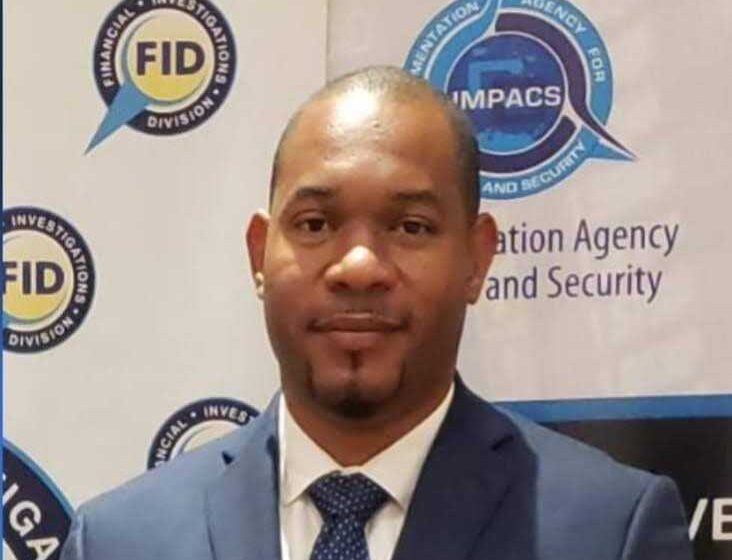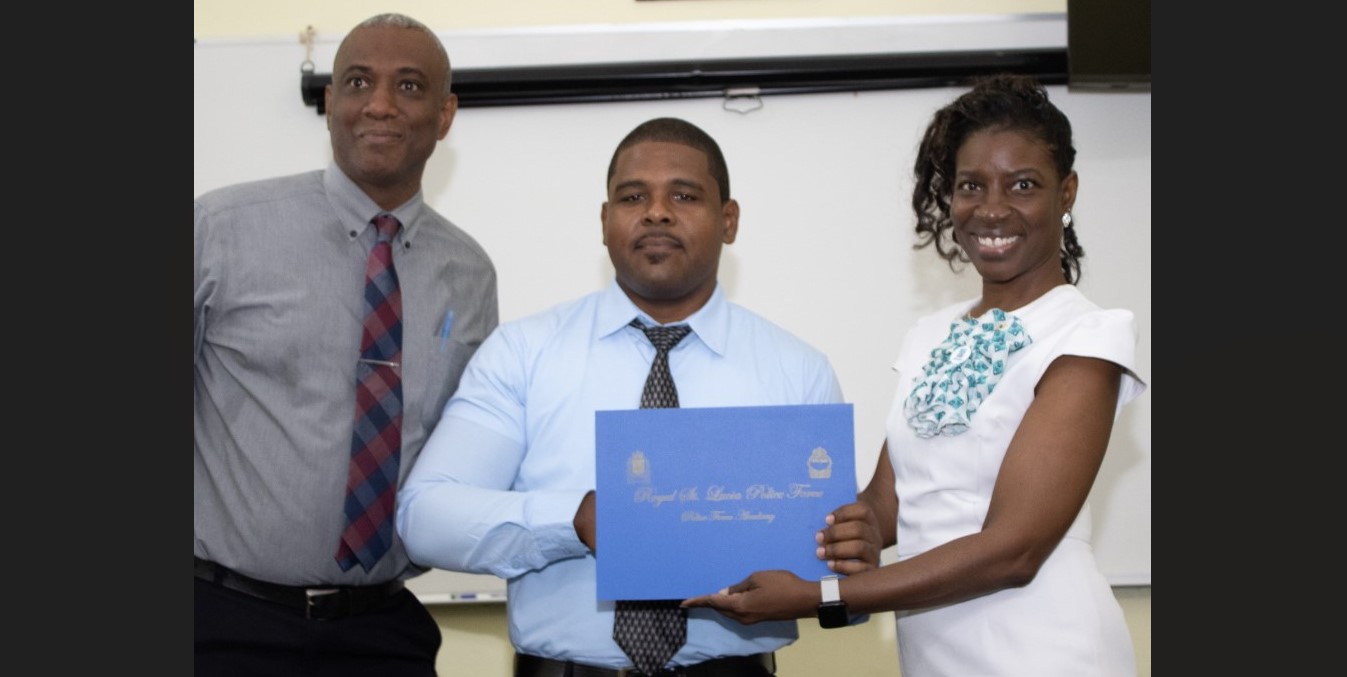Engage Gang Leaders in Crime Solutions, Says Ex-National Security Advisor
 10 January 2025
10 January 2025


Identifying gang-related activities as the primary driver of crime in Saint Lucia, former National Security Advisor in the Office of the Prime Minister, Giovanni James has suggested a multifaceted approach to the problem that includes direct engagement with gang leaders.
James, an attorney-at-law who has also worked with the Regional Security System (RSS) on crime-fighting efforts, dismissed the notion that gang culture in Saint Lucia originates from outside. He contended that it is deeply rooted in local rivalries.
He said: “There are people who may have connections to other gangs. For instance, if a gang leader in Saint Lucia is involved in drugs, he may have a contact in Trinidad. However, this does not mean there is any connection to ‘Six’ or ‘Seven’ gangs in Trinidad. Our gangs are local and, for the most part, are based on geographic locations.”
One of James’ proposals to address the issue is to engage directly with gang leaders to incorporate them into crime reduction efforts. He cited the work of media personality Dale Elliott, who, in his show Untold Stories, brought insights from a former gang leader to the public.
“It’s time we start listening. We need to embrace that sector of society, including those involved in crime, and make them part of the solution,” James said.
“We’ve reached a point where we cannot police all the crime that is happening; it is no longer sustainable because it has gotten out of hand. The police need breathing room, and the way they can get that is by involving civil society in crime-fighting efforts, including the very gang leaders in trying to help reduce crime.”
The former security adviser added: “I think it’s a multi-faceted approach. It’s not one solution. The police need to take a proactive approach because much of what we see is reactive. With a visible police presence everywhere, it becomes more difficult for criminals to engage in crime.”
James also called out political factions, who he believes often exploit crime to score political points.
“Until we have a government and an opposition that are genuinely serious about fighting crime, we will continue to face problems. Crime is often used as a political football by both sides to score points and win votes. Until politicians can set aside their differences, address corruption at all levels, and tackle this issue together, we will continue to face this problem,” he said.
Additionally, he pointed to the need to provide better support for law enforcement and the judicial system.
“Without adequate courts, judges, staff and criminal practitioners, the wheels of justice turn extremely slow,” James said.
He urged the government to provide scholarship opportunities for police officers and individuals interested in studying law or fields related to criminal justice. In the interim, he suggested implementing laws to allow judge-alone trials, a measure that has proven effective in other Caribbean nations.




